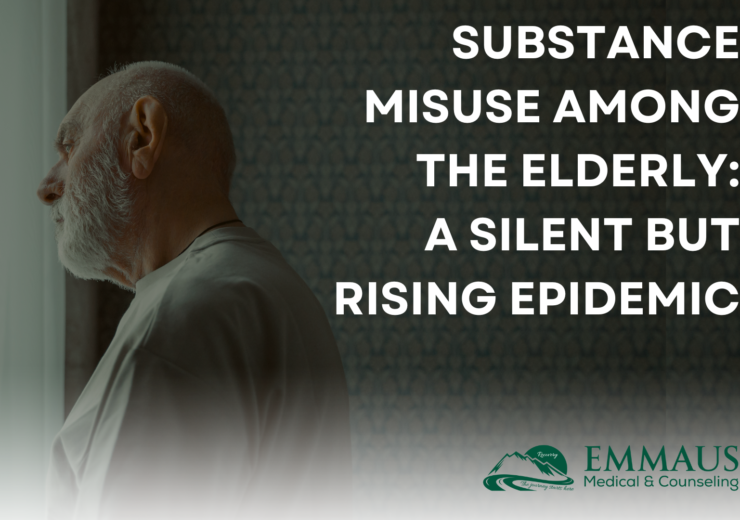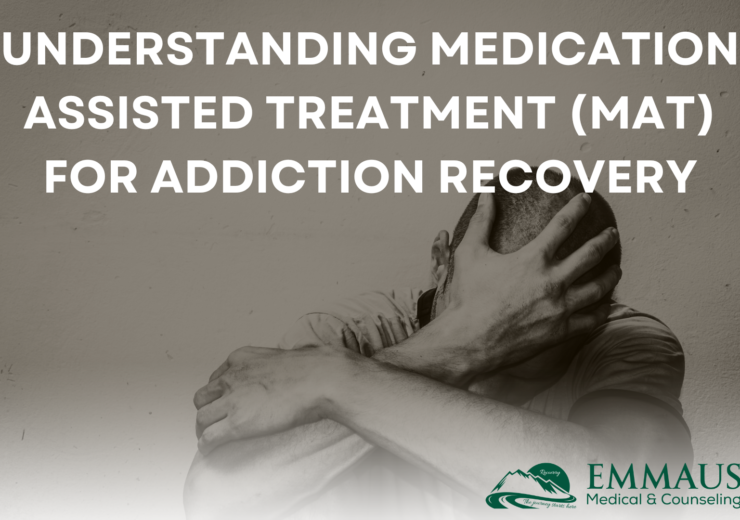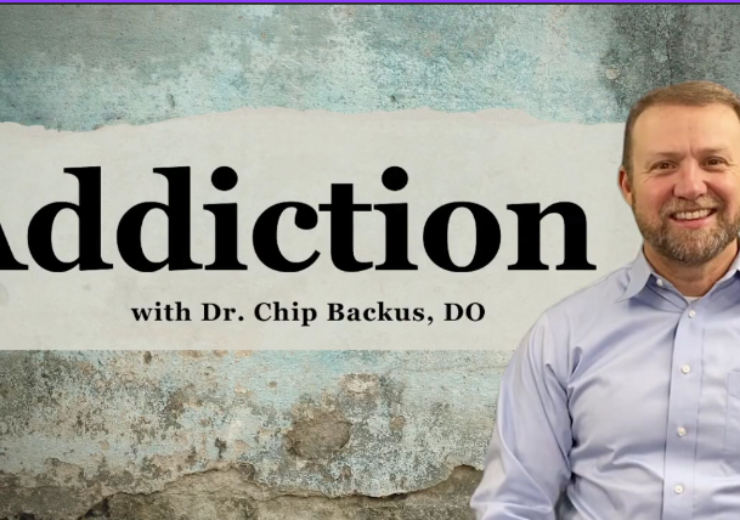Facts and Fiction About Suboxone Treatment: Debunking Myths and Highlighting Benefits
In the fight against opioid addiction, the use of Suboxone as a medication-assisted treatment (MAT) has gained significant attention. However, along with its rise in popularity, numerous myths and misconceptions have also emerged. For families of addicts, individuals struggling with addiction, and those in recovery, it’s crucial to have accurate information about Suboxone. This article aims to debunk common myths and provide factual insights into the benefits of Suboxone treatment, guiding you towards informed decisions on your journey to recovery.
Suboxone Myths Debunked
Fiction: Suboxone is Just Substituting One Addiction for Another
Fact: Suboxone is a medication-assisted treatment (MAT) designed to help individuals manage opioid addiction by reducing withdrawal symptoms and cravings. It contains two active ingredients: buprenorphine, a partial opioid agonist, and naloxone, an opioid antagonist. Buprenorphine binds to the same receptors in the brain as other opioids but produces a much weaker euphoric effect if any at all. Naloxone, on the other hand, blocks the effects of opioids, making it less likely for users to misuse the medication.
Fiction: Suboxone is Easy to Misuse
Fact: Suboxone is formulated to deter misuse. The combination of buprenorphine and naloxone is specifically designed to reduce the risk of abuse. When taken as prescribed under the tongue, buprenorphine is absorbed while naloxone remains inactive. However, if someone tries to inject Suboxone, naloxone becomes active and can precipitate withdrawal symptoms, effectively discouraging misuse.
Fiction: Suboxone is Only for Severe Cases of Opioid Addiction
Fact: Suboxone is a versatile treatment option that can be used for a range of opioid use disorders, from mild to severe. Whether an individual is dealing with prescription painkillers, heroin, or other opioids, Suboxone can be an effective tool in managing addiction. Treatment plans can be tailored to meet the unique needs of each patient, making Suboxone a flexible and inclusive option for various levels of opioid dependence.
Fiction: Suboxone is a Cure for Addiction
Fact: Suboxone is not a cure for addiction but rather a tool to support recovery. It is most effective when used as part of a comprehensive treatment plan that includes therapy, support groups, and lifestyle changes. Recovery from addiction is a continuous process that requires ongoing commitment and effort. Suboxone helps individuals stabilize their lives, allowing them to focus on the psychological and behavioral aspects of recovery.
Fiction: Suboxone Treatment is Expensive and Inaccessible
Fact: Suboxone treatment is covered by many insurance plans, including Medicaid and Medicare. Additionally, there are patient assistance programs and clinics that offer sliding scale fees to make Suboxone more accessible. Individuals need to explore their options and speak with healthcare providers about the cost and availability of Suboxone treatment.
Suboxone Benefits
Suboxone has proven to be a game-changer in opioid addiction treatment, offering numerous benefits that support individuals on their path to recovery.
Reduction of Withdrawal Symptoms
One of the most significant advantages of Suboxone is its ability to alleviate the often debilitating withdrawal symptoms associated with opioid dependence. By binding to the same receptors in the brain as opioids, but with a much lower activation level, Suboxone helps mitigate the discomfort of withdrawal, allowing individuals to transition more smoothly into recovery.
Craving Suppression
Suboxone effectively reduces cravings for opioids, making it easier for individuals to resist the urge to relapse. By stabilizing the brain’s opioid receptors, Suboxone helps restore balance and reduce the intense desire for opioids that often accompanies addiction. This stabilization is crucial for individuals working towards long-term sobriety.
Improved Quality of Life
With the reduction of withdrawal symptoms and cravings, individuals undergoing Suboxone treatment often experience a significant improvement in their overall quality of life. They can focus on rebuilding relationships, pursuing meaningful activities, and regaining control over their health and well-being. The stability provided by Suboxone allows individuals to engage more fully in their recovery process and life beyond addiction.
Lower Risk of Overdose
Another crucial benefit of Suboxone treatment is its role in reducing the risk of overdose. Since Suboxone contains naloxone, which blocks the effects of opioids, individuals are less likely to experience respiratory depression or other life-threatening complications if they relapse while on Suboxone. This safety net can be a lifesaver for those struggling with opioid addiction.
Long-Term Success in Recovery
Studies have shown that individuals who engage in Suboxone treatment have a higher likelihood of long-term success in recovery compared to those who do not receive medication-assisted treatment. By addressing both the physical and psychological aspects of addiction, Suboxone helps individuals build a solid foundation for lasting sobriety. Its effectiveness in supporting recovery is backed by research and clinical practice.
Conclusion
In summary, Suboxone is a valuable tool in the treatment of opioid addiction, offering a range of benefits that support individuals on their journey to recovery. By debunking common myths and providing accurate information, we hope to encourage more individuals to seek out the help they need to overcome their addiction. If you or someone you know is struggling with opioid dependence, do not hesitate to reach out for support. Suboxone treatment could be the first step toward a brighter, healthier future.
For those considering Suboxone treatment, consulting with qualified healthcare providers is essential to determine the best course of action. Remember, recovery is possible, and help is available. Schedule a telehealth appointment with Emmaus Medical to explore how Suboxone and other medication-assisted treatments can support your journey to sobriety.
Ready to take the first step towards recovery? Contact Emmaus Medical today to schedule your telehealth appointment and learn more about Suboxone treatment options. Together, we can build a healthier, addiction-free future.





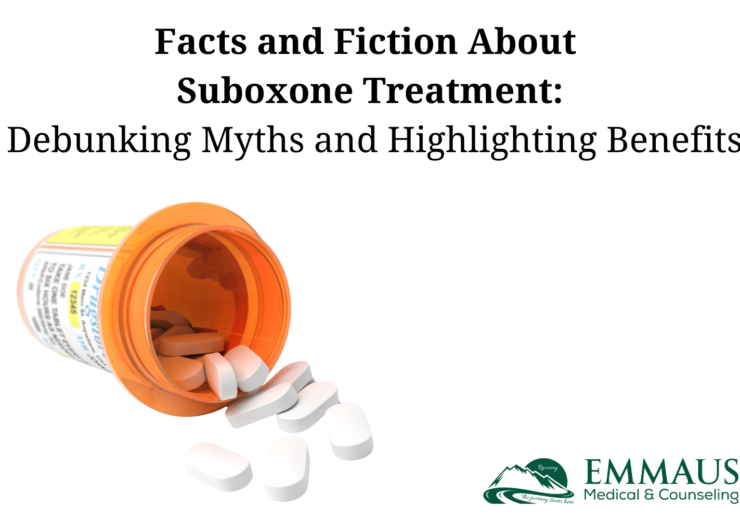



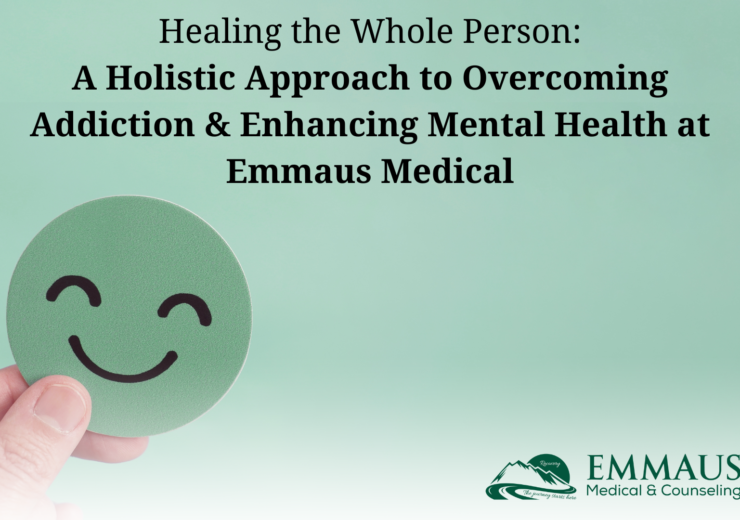
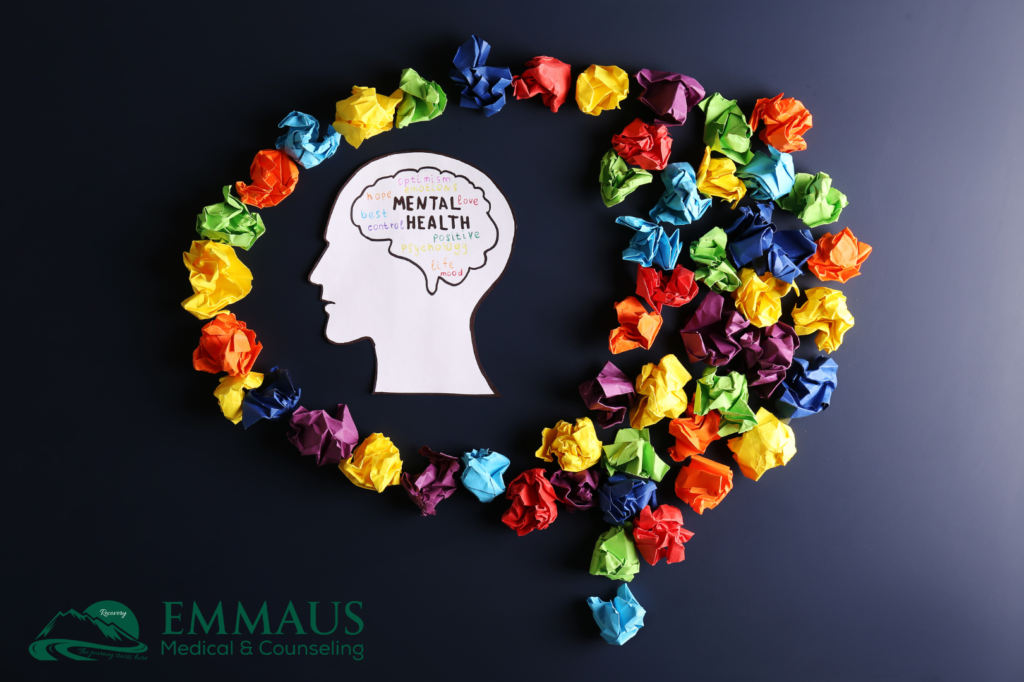 Addiction and mental health are closely connected, each affecting the other in complex ways. Here’s what you should know:
Addiction and mental health are closely connected, each affecting the other in complex ways. Here’s what you should know:

